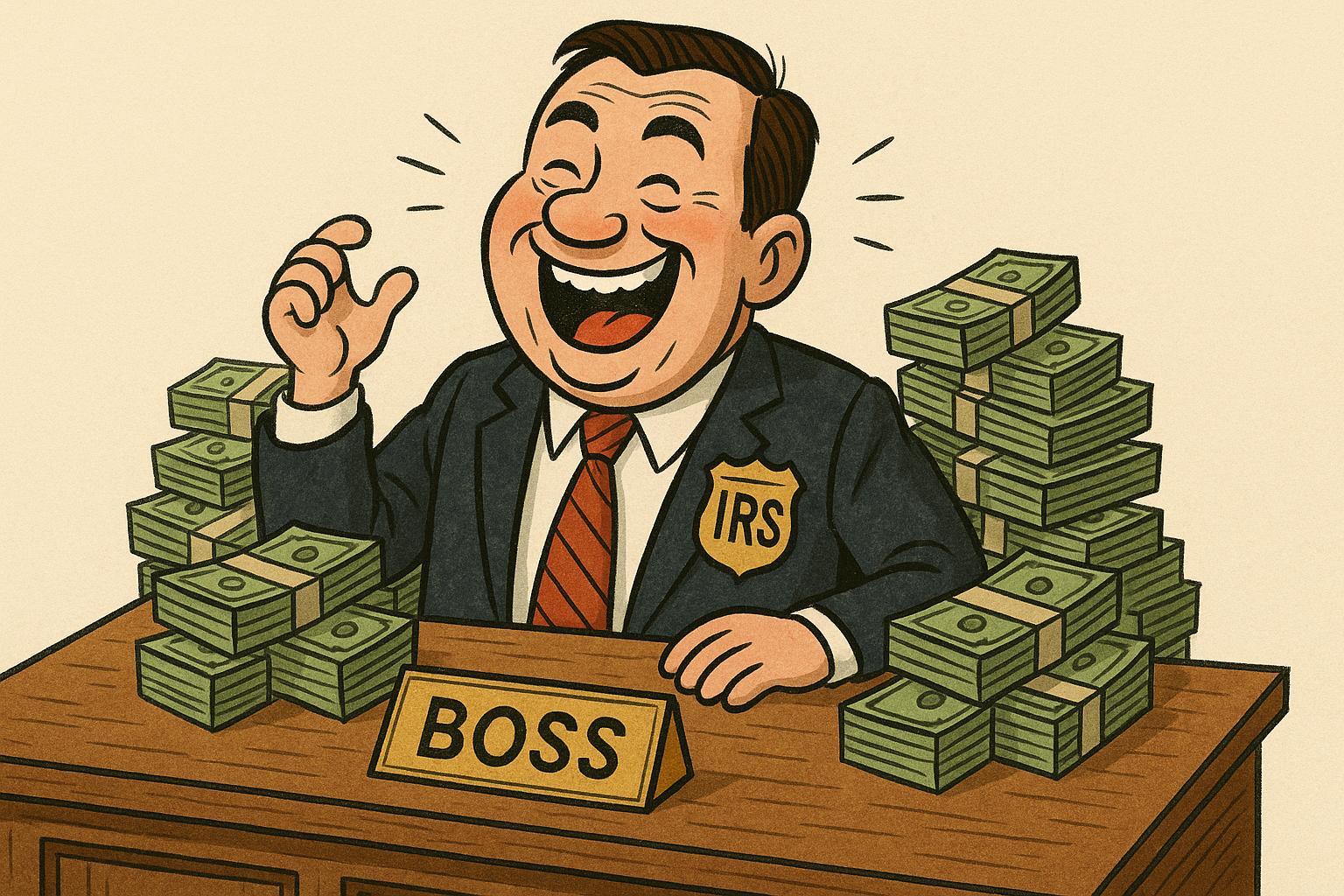
Financial Foundations #5 - Taxes
Congrats on Retiring! Now Meet Your New Boss: The IRS
You did it. You’ve traded the 9-to-5 grind for a glorious schedule of golf, grandkids, and telling stories about old-school technology. Your biggest decision each day should be what to have for lunch. But just as you’re settling in, a new boss shows up, one who is very interested in your finances. That new boss is the IRS.
In your working years, taxes were mostly on autopilot, withheld from your paycheck before it hit your bank account. In retirement, that autopilot is switched off. You are now the captain of your financial plane, and navigating tax turbulence is your new job. Ignoring it is like trying to land a 747 with a blindfold on—it’s not going to end well.
The Great Paycheck Disappearance
The biggest shift is realizing your income doesn't arrive in neat, pre-taxed packages anymore. Your "income" is whatever you pull from your savings. This is like going from a set menu to an all-you-can-eat buffet with a complex pricing system. Every withdrawal you make has a different tax cost, and if you aren't paying attention, you'll get a shocking bill. Your retirement funds are likely spread across different types of accounts, and each has its own tax rulebook. You are now the CFO of "You, Inc.," and your job is to create a paycheck for yourself in the most tax-efficient way possible.
Know Your Buckets: The Retirement Buffet Explained
To avoid that surprise bill, you need to know which accounts you're pulling from. Think of your retirement savings as three different buckets:
1. The "Pay Me Later" Bucket (Traditional 401(k)s & IRAs)
You got a tax deduction when you put money in, but the IRS has been patiently waiting. Every dollar you pull from this bucket is taxed as ordinary income, just like a paycheck.
2. The "All-Inclusive Resort" Bucket (Roth 401(k)s & Roth IRAs)
You paid taxes on this money before you put it in. Now, this bucket grows and withdraws 100% tax-free (assuming you’re above age 59.5 and had your Roth open for 5 years).
3. The "Pay-As-You-Go" Bucket (Standard Brokerage Accounts)
You bought these investments with after-tax money, so you pay capital gains tax on the profits you’ve made when you decide to sell and ordinary income tax on any income type investments.
The magic of retirement tax planning is strategically pulling from each bucket to control your taxable income and keep your bill as low as possible, which may include accelerating or delaying income from those buckets in a given year.
The Sneaky Surprises on Your Tax Bill
Retirement comes with a few new tax "gotchas" to keep you on your toes.
First, there’s the Social Security Tax Torpedo. Depending on your other income (like withdrawals from that "Pay Me Later" bucket), up to 85% of your Social Security benefits can become taxable.
Then, there are Required Minimum Distributions (RMDs). Once you turn 73, the IRS says, "That party in your 'Pay Me Later' bucket has gone on long enough. It’s time to start taking some money out so we can tax it." These forced withdrawals are fully taxable and can easily push you into a higher tax bracket if you haven't planned for them.
Your Tax-Saving Action Plan
Being proactive is key. Instead of just paying the bill, take control with a few strategic moves.
Plan Your Withdrawals: Before the year begins, map out which buckets you’ll pull from. By blending withdrawals from taxable, tax-deferred, and tax-free accounts, you can manage your income level to stay in a lower tax bracket.
Consider Roth Conversions: In years when your income is lower, consider converting a portion of your Traditional IRA to a Roth IRA. You’ll pay taxes on the conversion now at a lower tax rate, but that money can then grow and be withdrawn completely tax-free later.
Be Charitable (and Smart): If you are over 70½ and charitably inclined, use a Qualified Charitable Distribution (QCD) to donate directly from your IRA. This satisfies your RMD obligation but doesn’t count as taxable income.
Talk to a Professional: Tax rules are complex and ever-changing. Consulting with a financial advisor or tax professional can help you build a personalized strategy to make sure you’re not giving the government an overly generous tip.
Check out other Financial Foundations topics:


